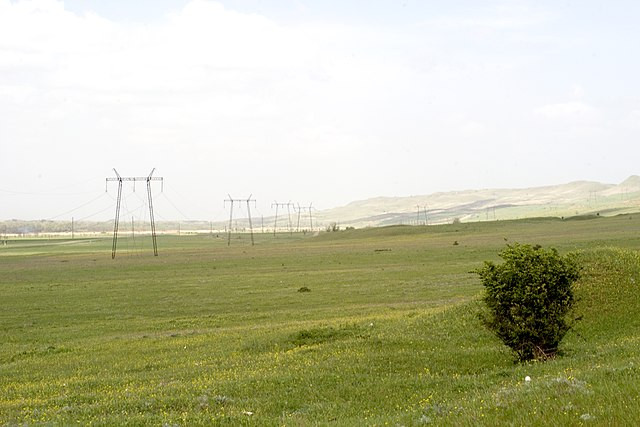Estonia, Latvia, and Lithuania are set to sever their last remaining energy ties with Russia this weekend, completing a decades-long effort to break free from Soviet-era infrastructure. The three Baltic nations will disconnect from the Moscow-controlled BRELL power grid on Saturday before fully synchronizing with the European electricity network on Sunday, a move seen as both a geopolitical and energy security milestone.
The transition marks the end of one of the final remnants of Soviet influence over the Baltic region, which has sought to integrate more closely with Western institutions since joining the European Union and NATO in 2004. "This is the final break from its Soviet-era occupation," said Jason Moyer, a foreign policy analyst at the Wilson Center in Washington. "Psychologically, this is a huge step forward."
Baltic officials have long warned that remaining connected to Russia's grid posed security risks, especially following Moscow's full-scale invasion of Ukraine in 2022. Though the three nations stopped purchasing Russian electricity shortly after the war began, their power supply and frequency balance were still maintained by Russian operators under the BRELL agreement. That arrangement, which also includes Belarus, expires on February 7.
The transition has been years in the making, requiring extensive infrastructure upgrades, including undersea cables to Finland and Sweden and an overland link to Poland known as the LitPol line. The European Union has contributed more than $1.2 billion in grants to fund the desynchronization effort. "We understand fairly well that cheap Russian energy always comes at a price that no democratic European country should be able to afford," said Vootele Päi, an adviser to Estonia's Interior Ministry.
Despite assurances from regional energy officials that the switch will proceed smoothly, Baltic governments are bracing for potential Russian retaliation, whether through cyberattacks, misinformation campaigns, or attempts to stir unrest in the Russian exclave of Kaliningrad. Lithuanian Defense Minister Dovilė Šakalienė told CNN that security forces are on high alert. "We are increasing our surveillance efforts, we are increasing our additional security measures, and... we are going to watch this with an eye of a hawk," she said.
Estonian authorities have deployed additional police and volunteer guards from the National Defence League to secure critical infrastructure. "The energy grid is all across Estonia," said Päi. "We're treating this with the same level of security as when hosting a foreign head of state."
Cybersecurity agencies in the region are also on alert. Gert Auväärt, head of Estonia's Cyber Security Centre, warned that Moscow may seek to disrupt the transition. "Russia may attempt to exploit this period to create uncertainty," he told CNBC, adding that while Estonia is prepared for worst-case scenarios, the overall likelihood of serious technical issues is low.
The Kremlin has publicly downplayed the significance of the move. Russian officials have stated that they have taken "all necessary measures" to ensure the uninterrupted operation of Russia's energy system. However, analysts warn that Moscow could still attempt to use the transition as a propaganda tool, particularly regarding Kaliningrad, which will now be cut off from the Baltic states' energy network.
"Russia might even provoke a fake blackout in Kaliningrad and blame it on the Baltics," said Susanne Nies, an energy policy expert at the Helmholtz-Zentrum research institute.
NATO has recently expanded its monitoring of undersea cables and other critical infrastructure in the Baltic region after a series of unexplained incidents, including the suspected sabotage of the Estlink 2 power cable between Finland and Estonia. While an investigation is ongoing, Finnish authorities have detained a Russian-operated ship suspected of dragging its anchor across the cable.
Despite the heightened security concerns, Baltic officials remain resolute in their decision to break away from Russia's grid. "There is no scenario in which we remain connected," said Rokas Masiulis, CEO of Lithuania's grid operator Litgrid. To underscore their commitment, Lithuanian officials began physically severing Soviet-era power cables to Belarus last year.
Latvia's Climate and Energy Minister Kaspars Melnis has urged the public to remain vigilant against misinformation. "as the set date for the conclusion of the synchronisation project comes closer, the more we encounter misleading information," he said.
By Sunday afternoon, Estonia, Latvia, and Lithuania will be fully integrated into the European power network, eliminating one of Russia's last remaining levers of influence in the region.




